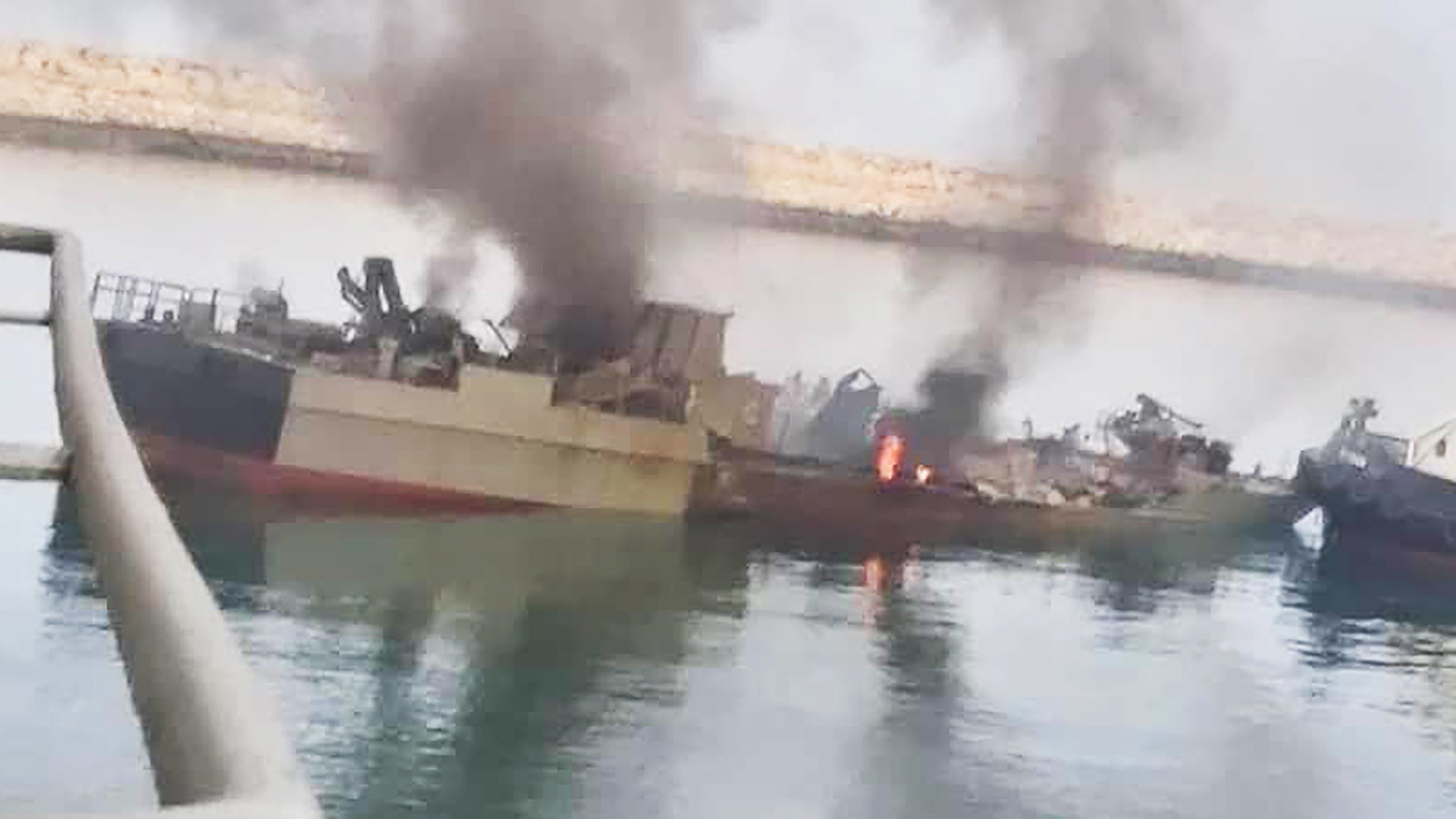Details still remain limited at this time, but what we know is that an Iranian live-fire naval training event went horribly wrong in the Gulf of Oman when one of the country’s own naval vessels was struck by an anti-ship cruise missile on Sunday. The mistake has killed at least 19 Iranian sailors and wounded 15 more. A support ship named Konarak was placing targets for other ships to use for the exercise when the missile, a C-802 Noor, made a direct hit on the vessel.
Images show the vessel’s entire upper structure obliterated by the inadvertent strike.
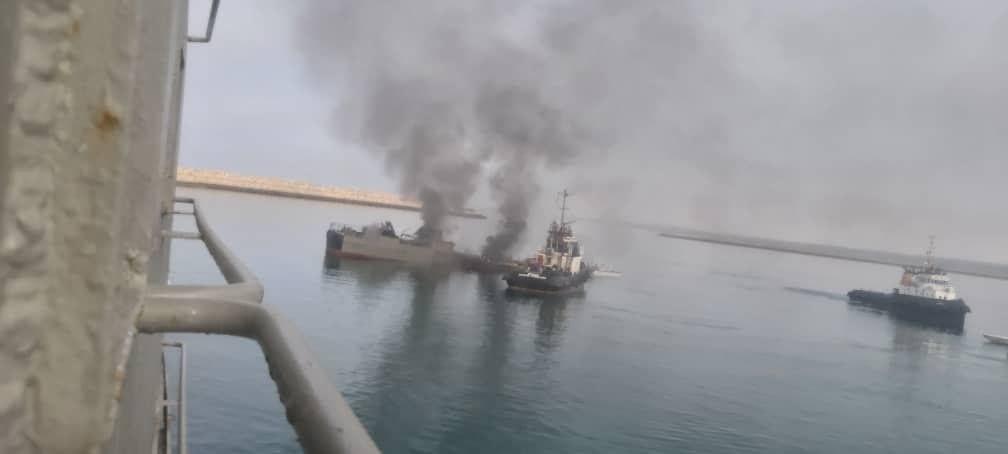

Below is what the Konarak looked like in better days. Note the ship can be equipped with drones and its own anti-ship missiles. Iran often bolts on these types of modular capabilities to auxiliary craft for testing and to increase its number of missionized hulls as it sees fit.
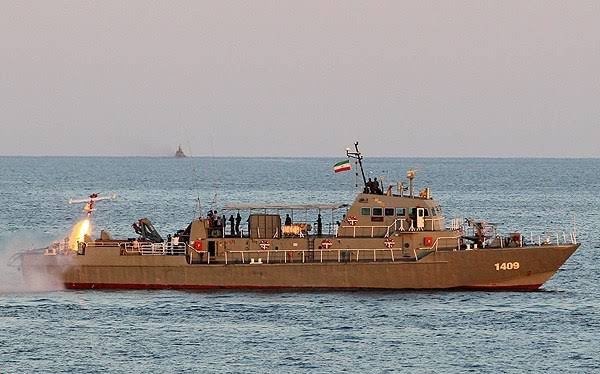
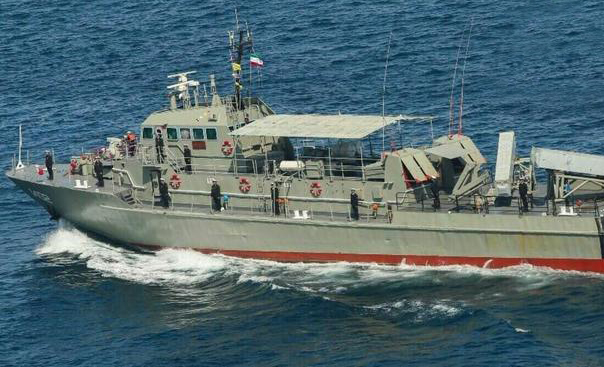
The launching warship is said to have been the Moudge class frigate Jamaran. The ship, which was put into service just a decade ago, is one of Iran’s most advanced surface combatants and packs a quartet of C-802 Noors, which is a derivative of the very common YJ-83 Chinese radar-guided anti-ship missiles with a range of roughly 65 miles.

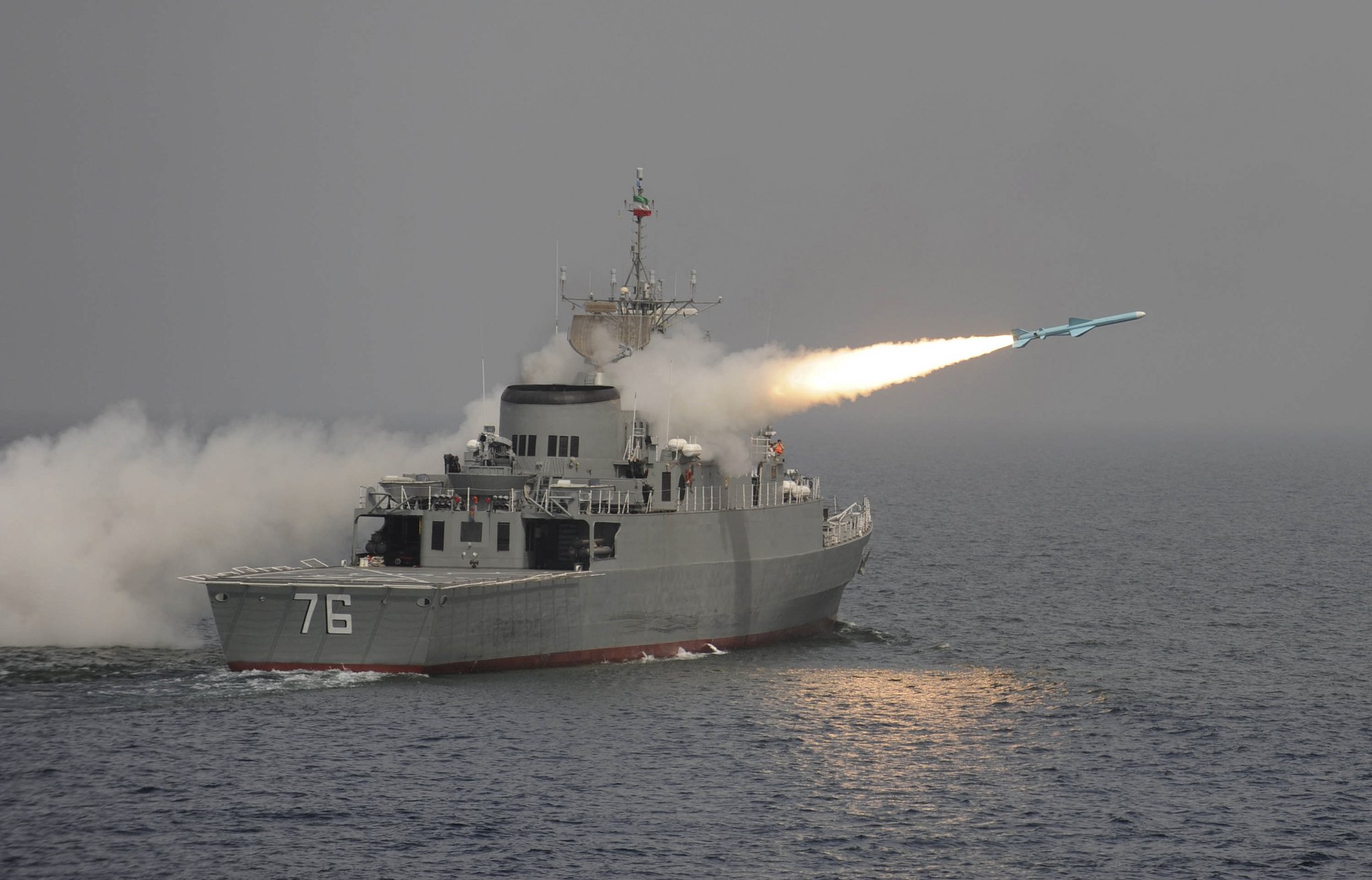

The incident took place near the port city of Jask, in the upper Gulf of Oman, not far from the tumultuous Strait of Hormuz. The waters off Jask have been the site of a number of violent events over the last year, including the shooting down of a U.S. Global Hawk drone and limpet mine attacks on tankers vessels.
The 155-foot long Konarak was built by the Netherlands and has been operating since the late 1980s. The ship was towed to port after the missile strike, but as you can see in the images, fire laid waste to everything but its hull.
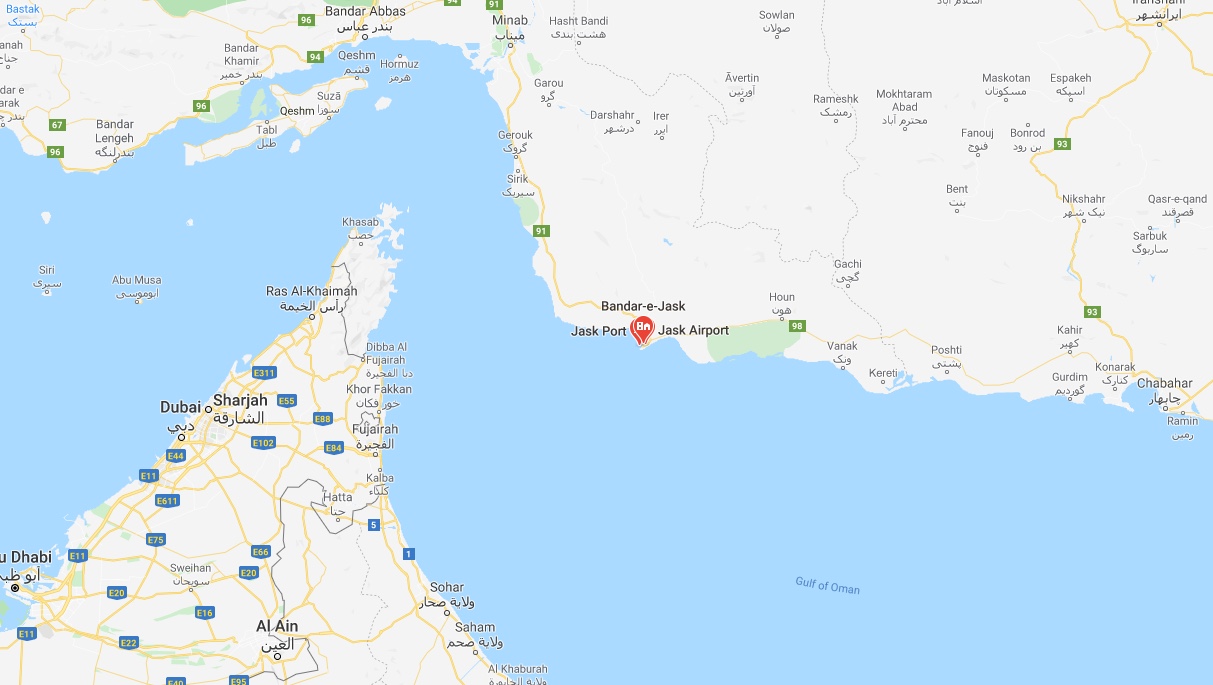
This incident is somewhat unique because of the headlines it is making. Such embarrassing tragedies are not something the Iranian military is keen to highlight and it is the second known major Iranian friendly fire incident just this year. On Jan. 8, 2020, an Iranian air defense battery shot down Ukraine International Airlines flight PS752, a Boeing 737-800 with 176 souls on board, not long after a ballistic missile barrage on U.S. forces in Iran.
Accidents with anti-ship missiles, which often operate autonomously after being launched, are not unheard of, but a mistake like this occurring in such a tense and densely armed region could light-off a major conflict before it can be stopped.
We will continue to update this story as more information comes available.
Update: 2:51 AM PST—
Here is what the ship looked like when vessels were able to approach it. Absolutely catastrophic damage done to this ship by the C-802 and its after-effects. It must have been horrific for those aboard that survived:
Update: 7:00 AM PST—
The Iranian Navy has released a statement lauding the efforts of its personnel to rescue members of the Konarak‘s crew after the incident.
“Naval relief and rescue teams reached the location shortly after the incident, retrieving the injured and the martyrs from the vessel and transferring them to medical centers,” the statement said. “The forces stationed on the vessel displayed exemplary courage in their endeavor to rescue their fellow servicemen.”
The exact circumstances of the accident remain murky. “The vessel [Konarak] was hit after moving a practice target to its destination and not creating enough distance between itself and the target,” according to a report from Iranian state television.
Iran’s state and quasi-state media have sought to downplay to the situation, with the Navy’s own statement only saying the support ship had been towed into port for a “technical inspection” and PressTV cited an unnamed source who “dismissed reports that the vessel had been totally destroyed.” PressTV’s initial reporting included a picture of the Konarak that only showed a relatively small portion of its stern with the full extent of the damage not visible.
However, the pictures and video make clear that the missile did massive damage to the Konarak and that the vessel is almost certainly a total loss.
Update: 1 PM PST—
Satellite imagery of the exercise and the destroyed ship’s current location:
Contact the author: Tyler@thedrive.com
